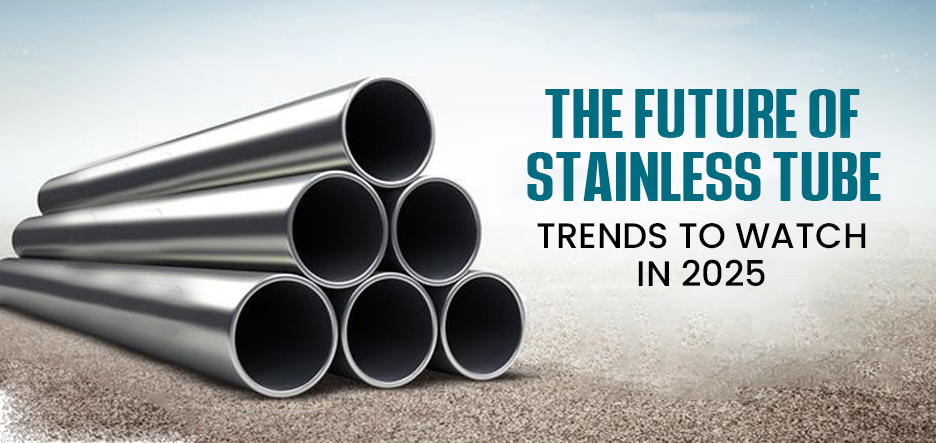Comparing Stainless Steel Tubes vs. Other Metal Tubes: Which One is Better?

Comparing Stainless Steel Tubes vs. Other Metal Tubes: Which One is Better?
When selecting metal tubes for industrial applications, it is essential to compare different materials to determine the best fit. Stainless steel tubes offer distinct advantages, but how do they stack up against other metal tubes such as carbon steel, aluminum, and copper? This blog explores the key differences to help you make an informed decision.
1. Corrosion Resistance
- Stainless Steel Tubes: Highly resistant to rust, oxidation, and chemical exposure due to their chromium content, making them ideal for harsh environments.
- Carbon Steel Tubes: Prone to rust unless coated or galvanized, requiring additional maintenance.
- Aluminum Tubes: Good corrosion resistance but weaker than stainless steel in extreme conditions.
- Copper Tubes: Naturally corrosion-resistant but susceptible to patina formation over time.
2. Strength and Durability
- Stainless Steel: High tensile strength and resistance to wear and tear, making it suitable for heavy-duty applications.
- Carbon Steel: Strong but requires coatings to prevent corrosion.
- Aluminum: Lightweight but lower strength compared to stainless steel.
- Copper: Soft and malleable, suitable for plumbing but not high-pressure applications.
3. Weight Considerations
- Stainless Steel: Heavier than aluminum but provides superior strength.
- Carbon Steel: Heavier than stainless steel but offers similar strength properties.
- Aluminum: The lightest option, ideal for applications where weight is a factor.
- Copper: Medium-weight and easier to shape than stainless steel.
4. Cost Efficiency
- Stainless Steel: Higher initial cost but longer lifespan, reducing long-term maintenance expenses.
- Carbon Steel: Generally cheaper but requires regular maintenance to prevent corrosion.
- Aluminum: Moderate cost, but less durable in high-stress environments.
- Copper: Expensive due to material costs and susceptibility to theft.
5. Heat and Temperature Resistance
- Stainless Steel: Excellent performance in both high and low temperatures.
- Carbon Steel: Performs well under heat but requires coatings for long-term exposure.
- Aluminum: Loses strength at high temperatures.
- Copper: Good thermal conductor but softens at high temperatures.
6. Applications and Suitability
- Stainless Steel: Best for industrial, marine, and food-grade applications.
- Carbon Steel: Common in structural and mechanical applications.
- Aluminum: Ideal for aerospace and automotive industries.
- Copper: Preferred for plumbing and electrical applications.
Conclusion
While each metal tube has its own advantages, stainless steel tubes stand out due to their durability, corrosion resistance, and strength. Although they may have a higher initial cost, their long-term benefits make them a cost-effective choice for many industries. Understanding these differences allows you to choose the best material for your specific needs.
Looking for high-quality stainless steel tubes? VS Stainless Tube Pvt Ltd provides industry-leading solutions designed for durability and performance.
 VS Stainless Tube PVT. LTD.
VS Stainless Tube PVT. LTD.
0 Comments